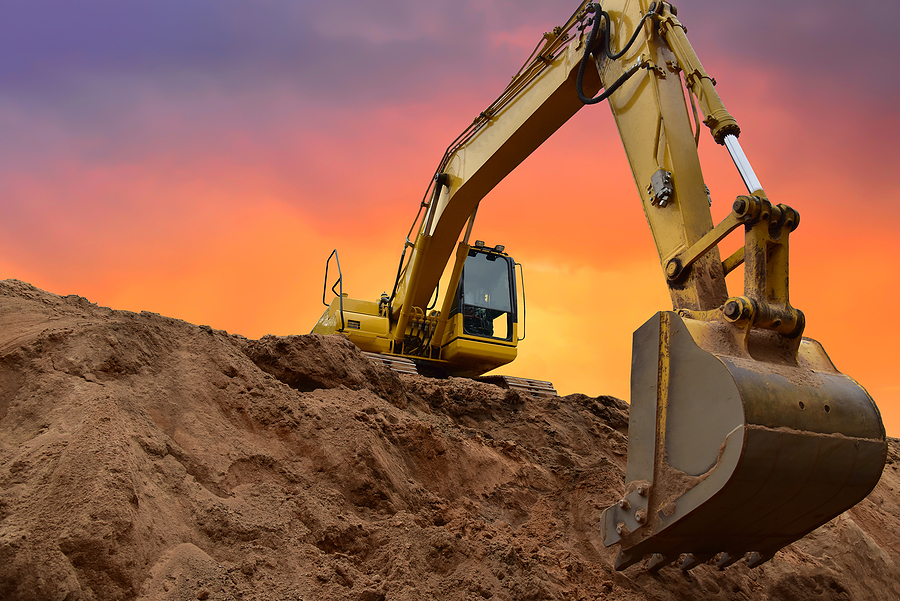Once the excitement of securing a new job withers, it’s then time to choose the right equipment to get the job done. An excavator may be essential for the project. You may encounter an extensive range of excavators as you consider the best options for the task. This article reviews various considerations that can help you in choosing an excavator that’s most appropriate for your project.
Considerations for Choosing an Excavator
1. Performs to Your Standard
Ensure you choose an excavator which gets the job done. You can examine the testing options and hydraulic systems to ensure the equipment has enough power for your project. Our specialist can highlight the power of our systems and also inform you of the work possible with the specified capacity. More powerful hydraulic systems can help you be more productive and efficient because you match the needed power, but performance can also include the ideal support for your task. Review all the work the excavator can perform before picking the right equipment.
You may consider these support options for an excavator:
- Zero tail swing: This feature allows the equipment to move nimbly, thus reducing the odds of any accidental collision with a surrounding machine, building, or object. When turning, the zero-swing for housing prevents the operator from hitting the excavator’s sides when moving.
- Zero house swing: These alternatives are ideal for spaces with many obstacles on either side. However, the configuration means more expansive equipment, which isn’t always appropriate for a worksite.
2. Match the Excavator to Your Site
Consider the site’s hazards and your needs as you evaluate excavators. You may also predict future risks and requirements. Pick equipment that satisfies all these considerations. If you have a big project or if choosing an excavator for the long haul is needed, you can analyze your specific job site to choose the appropriate option. Various models can perform better on vast, flat landscapes than in urban settings where there are several buildings and obstacles.
Also consider your organization’s tasks on the average site. An excavator suiting the company can handle your everyday functions, such as lifting, carrying, reaching, and digging. You can review your past undertakings and measure the sites to determine the jobs the excavator can perform. Ensure the excavator has the right tools for the project. The instruments can include buckets, couplers, compaction, rippers, and hammers.
3. Size Matters
Review the type and size of excavators. Categories are general, and manufacturers can have different specifications. You can determine the size you need — such as 5 tons — instead of wanting a “mini.” The options can include:
- a mini or compact excavator (weighs 2000–10,000 tons)
- a standard excavator (weighs 10–45 tons)
- a large excavator (weighs up to 95 tons).
The available space, equipment’s versatility, the excavator’s damage, and job type can dictate the size you choose.
4. Operator Comfort
Consider the operator’s comfort when choosing an excavator. Selecting a comfortable option can frequently optimize performance during the extended periods operators may work. Many models have ergonomic chairs and controls. Find a cab with an adequate room that allows easy access to the excavator’s features and controls.
You may also consider the equipment’s heating and air conditioning system. Ensure the setup’s powerful enough to ensure operators are comfortable in your region’s weather. Some new cabs have controls resembling those in trucks and cars. Ensure they are easy to understand. Having a vent behind and in front of the operator’s seat can increase their comfort.
5. Consider Additional Features
Also consider additional features when finalizing your excavator selection. You can pick an option with anti-vandalism features, power modes, and hydraulic controls. Hydraulic controls are in newer models, and they enhance the operator’s control, enabling them to have precise movements and maneuverability.
Vandalia Rental has a collection of excavators for your next job. We also offer free expert guidance on the best excavator for your specific project and site conditions. Contact us today to get expert advice on picking the right excavator.


